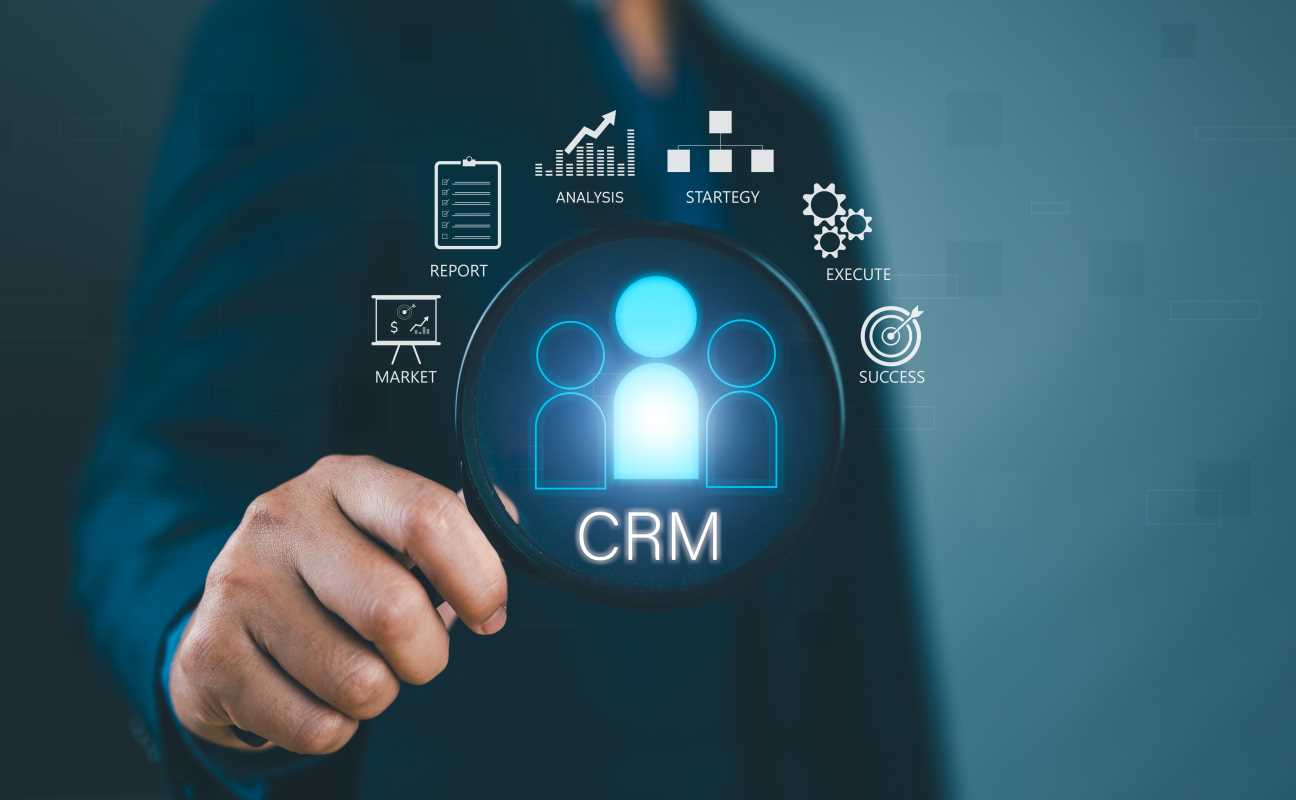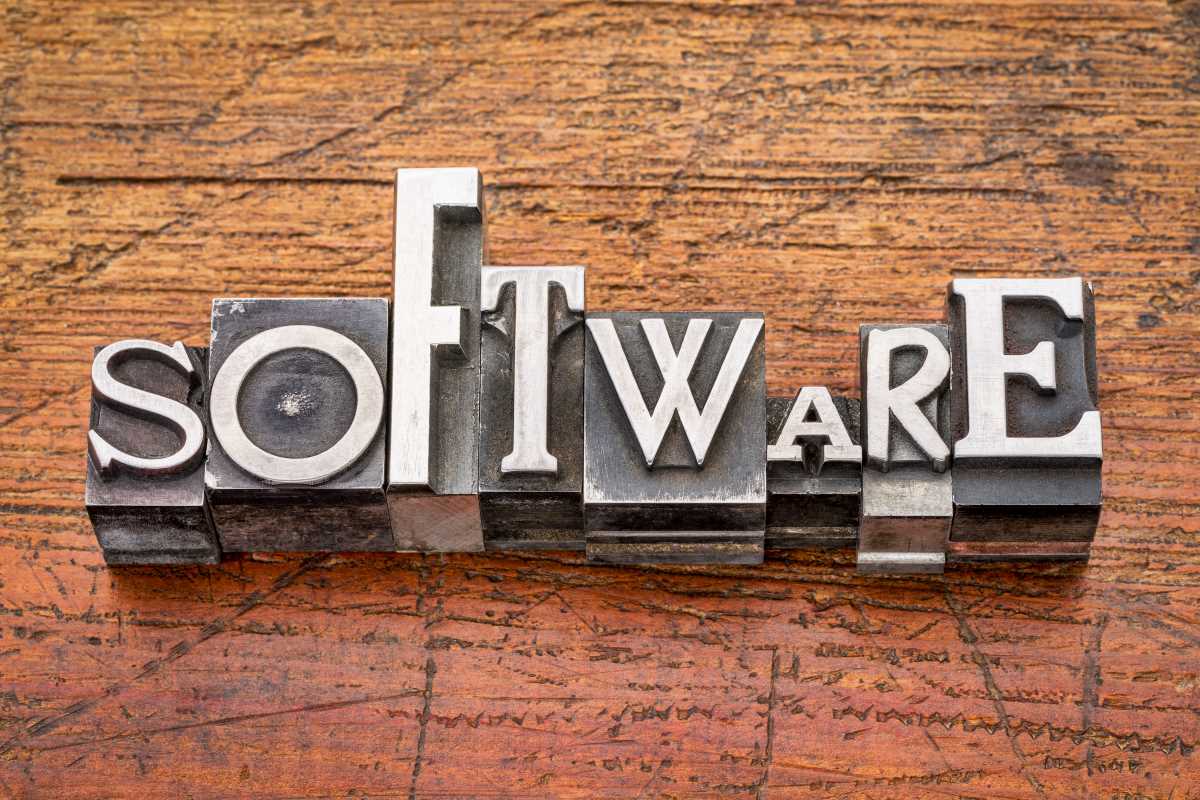As a small business owner, you're used to wearing multiple hats. You’re the CEO, the lead salesperson, the marketing department, and the customer service representative all rolled into one. In the early days, you might manage your customer information with a collection of spreadsheets, sticky notes, and a really good memory. But as your business grows, that system starts to break down. You forget to follow up on a promising lead, a customer's important request gets lost in your inbox, and you realize you have no easy way to see who your most loyal customers are.
What Is a CRM?
A Customer Relationship Management (CRM) system is a software tool that helps businesses manage and analyze all the interactions and relationships with their customers and potential customers. Think of it as a shared brain for your entire team. It captures every touchpoint a customer has with your business—every phone call, email, website visit, and purchase—and organizes it into one clean, accessible place.
Instead of having customer information scattered across different employees' inboxes and spreadsheets, a CRM creates a single source of truth. A salesperson can look up a contact and instantly see their purchase history, any past support tickets they've filed, and every marketing email they've received. This complete view of the customer journey allows your team to have smarter, more personalized conversations.
At its core, a CRM is designed to help you:
- Store and organize contact information: Keep track of names, emails, phone numbers, and company details.
- Track interactions: Log calls, emails, meetings, and social media conversations.
- Manage your sales pipeline: Visualize where every potential customer is in your sales process, from a new lead to a closed deal.
- Automate tasks: Set up reminders for follow-ups and automate repetitive marketing or sales activities.
The Benefits of a CRM for Small Businesses
For a small business, a CRM isn't a luxury—it's a powerful engine for growth. The benefits go far beyond simple organization and can have a direct impact on your bottom line.
1. Improved Customer Relationships
By having a complete history of every customer interaction, you can provide a more personalized and consistent experience. You can reference past conversations, understand their previous purchases, and anticipate their needs. This makes customers feel understood and valued, which is the foundation of long-term loyalty. When a customer doesn't have to repeat their story every time they talk to someone new at your company, their satisfaction skyrockets.
2. Increased Sales and Efficiency
A CRM helps you streamline your sales process. You can track leads, identify the most promising opportunities, and automate follow-ups so no potential deal falls through the cracks. Sales teams often report significant increases in productivity because they spend less time on administrative data entry and more time actually selling. Visualizing the sales pipeline also helps you forecast future revenue more accurately.
3. Better Team Collaboration
When all customer data lives in one central system, it breaks down silos between your sales, marketing, and customer service teams. A service agent can see if a customer is in the middle of a big sales deal before they respond to a support ticket. The marketing team can see which types of leads are converting into the best customers and adjust their campaigns accordingly. This shared knowledge ensures everyone is working together with the same information.
4. Data-Driven Decision Making
A CRM is a treasure trove of data. You can generate reports to see which marketing campaigns are driving the most leads, who your top-performing salespeople are, and which products are most popular with your most valuable customers. Instead of making business decisions based on gut feelings, you can use real data to identify trends, spot opportunities, and fix problems.
Key Features to Look For in a Small Business CRM
The CRM market is crowded, with solutions ranging from simple and free to incredibly complex and expensive. As a small business, you don't need every bell and whistle. Focus on the core features that will provide the most value.
1. Contact and Lead Management
This is the fundamental building block of any CRM. The system should make it easy to create and manage a database of all your contacts, leads, and customers. It should automatically pull in information from web forms and allow you to easily add notes and log interactions.
2. Sales Pipeline Visualization
A good CRM should provide a clear, visual representation of your sales process (often as a Kanban-style board). This allows you to see at a glance how many deals are in each stage (e.g., "New Lead," "Contact Made," "Proposal Sent," "Negotiation") and easily drag-and-drop deals from one stage to the next.
3. Task Management and Automation
To boost efficiency, look for a CRM that can automate repetitive tasks. This could include sending a welcome email to a new lead, creating a follow-up task for a salesperson after a call, or notifying a manager when a deal reaches a certain value. These small automations add up to a huge time savings.
4. Reporting and Dashboards
Your CRM should make it easy to understand your data. Look for customizable dashboards that can give you a quick overview of your most important metrics, like new leads per week, conversion rates, and sales revenue. The ability to create simple, clear reports is essential for tracking progress toward your goals.
5. Integration Capabilities
Your CRM doesn't exist in a vacuum. It needs to work with the other tools you already use. Check for native integrations with your email client (like Gmail or Outlook), your accounting software (like QuickBooks), and your marketing platform (like Mailchimp). Smooth integrations prevent you from having to do double data entry.
 (Image via
(Image via





